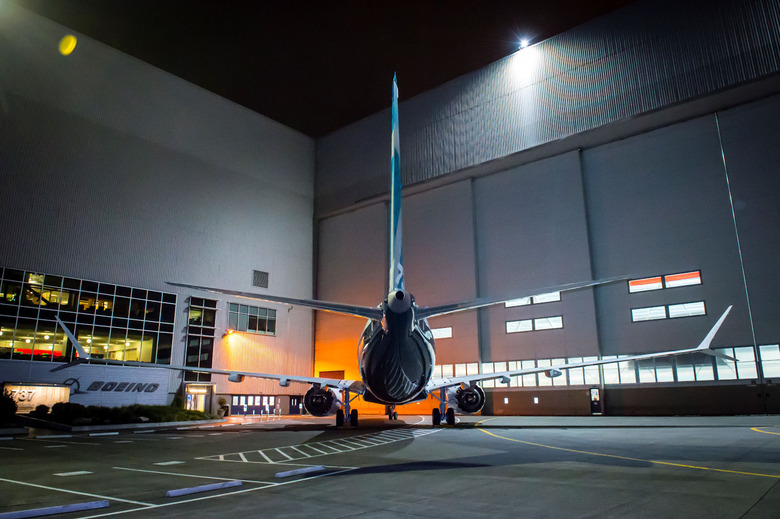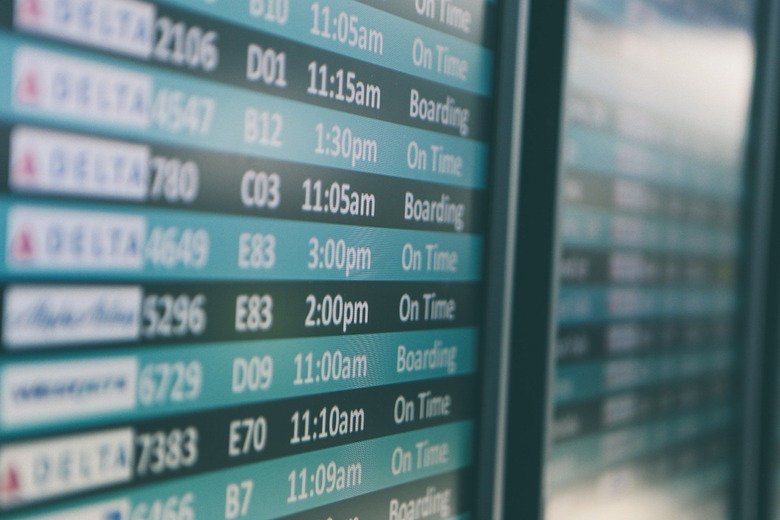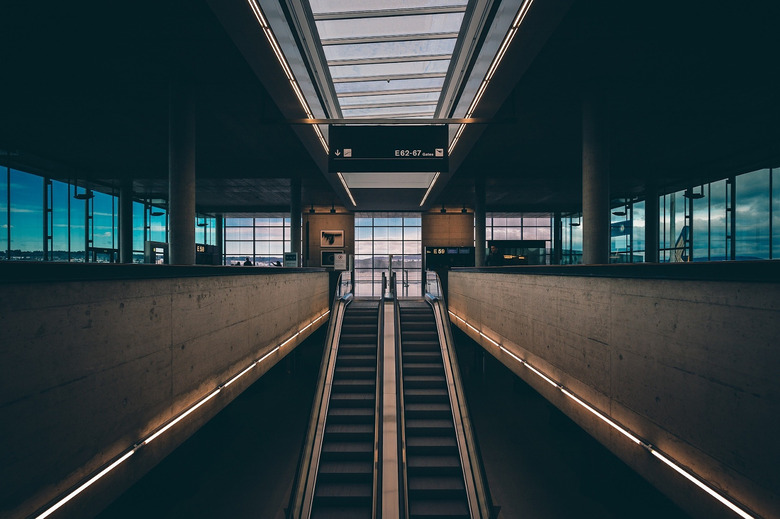How are airlines affected by the coronavirus?
Global airlines could lose well over $100 billion in revenue if the coronavirus continues to ground travel plans. These are numbers unheard of in the aviation industry since the economic crash of 2008. With the virus slowing rapidly creeping into the US, it shows no signs of recovering.
Losing that much money translates mainly to one thing: massive unemployment. According to research by the Air Transport Action Group, the global aviation industry supports over 65.5 million jobs, both directly and indirectly, amounting to over $2.7 trillion in economic activity.
But if airlines could lose up to 19% of business if the virus isn't contained, more than that fraction of jobs in the industry could be lost. Here is what's happening in carriers all over the world.
Unprecedented numbers
Airlines have been hit hard several times in modern history, but nothing quite as severe as what we see now. The impact of the coronavirus is being compared to 9/11. Back then, the aviation industry wasn't hit with an economic crunch, but similarly, people were afraid to travel. Travel demand fell by over 31% in the five months following the attacks. It is estimated that domestic airline revenues fell by $10 billion a year between 2001 and 2006.
In 2003, Sars took a hit on aviation too. Hong Kong airline Cathay Pacific shut down operations in a matter of days. The country's passenger numbers dipped by over 50%.
So, why is the outlook on aviation even more dismal today?
We now live in a very different world than it was in 2008 and before. China's doors are open wider than ever, and businesses have become more integrated with international trade. With flights to China – the second largest aviation hub in the world – mostly put on hold, airlines that had beefed up their resources to support more flights are now struggling to cope.
The 30-day travel ban announced by President Trump also adds to the loss of flights, affecting non-US travelers from the Schengen border-free travel area in Europe.
This is the next problem: Planes cost money even when they are parked and on the ground. Airport taxes and maintenance on smaller jets can cost of up $10,000 a day. Larger jets like a Boeing 747 can cost up to $50,000 just being parked in an airport. Something needs to give way for airlines to bear this weight.
What are airlines doing to cope?
The most immediate victims are airline staff. One way to cut costs is to cut salaries for several months. Cathay Pacific have told over 27,000 of its staff to go on unpaid leave of up to three weeks between March 1 and June 30 to recuperate costs.
To fill these seats, airlines have dramatically slashed ticket prices since the outbreak. Tickets from Singapore to Los Angeles that typical cost US$800, cost as low as $450 now on China Air. International travel has never been so low. In China, Shenzhen Airlines, a division of state-owned Air China, is charging just 100 yuan (US$14) for a one-way ticket from Shenzhen to Chongqing. That's 5% of the standard price of 1,940 yuan (US$276) for the 600-mile journey.
Even domestic flights took like errors on booking websites. You can find flights from New York City to Miami as low as $51. Every carrier is struggling to fill the seats.
There is also talk of merging airlines to bail them out of collapse. China is considering allowing bigger airlines to merge with the smaller ones as many struggle to survive without a constant flow of travelers.
While this could ensure these businesses find new feet, mergers typically come with mass retrenchment as the joint company find ways to boost efficiency and cut costs. This is not a complete win-win solution.
The government in China have started to subsidizes airlines hurt by travel curbs, with more fees waived for some airlines. China announced it would pay domestic and foreign airlines to restore services halted due to the virus. For each available seat, the State will hand out 0.0176 yuan per kilometre on routes shared by multiple carriers and 0.0528 yuan for single carrier routes, said the Civil Aviation Administration of China. That would amount to around $2.50 per seat for the previously mentioned Shenzhen-Chongqing flights.
Closing the world off
Over 70 countries have slapped restrictions on flights from China and other affected countries like Italy, Iran, South Korea and Japan. Most of these are big economic hubs that are now being cut off from the rest of the world, severing much of the business and movement between countries.
Aviation has become the veins of our globalized world, and its no wonder the global economy is feeling a heat of the coronavirus.
While cases have slowed down in China, suggesting it is past its peak, cases are exploding elsewhere around the world, creating a domino effect of new countries that could be added to the restricted list.



